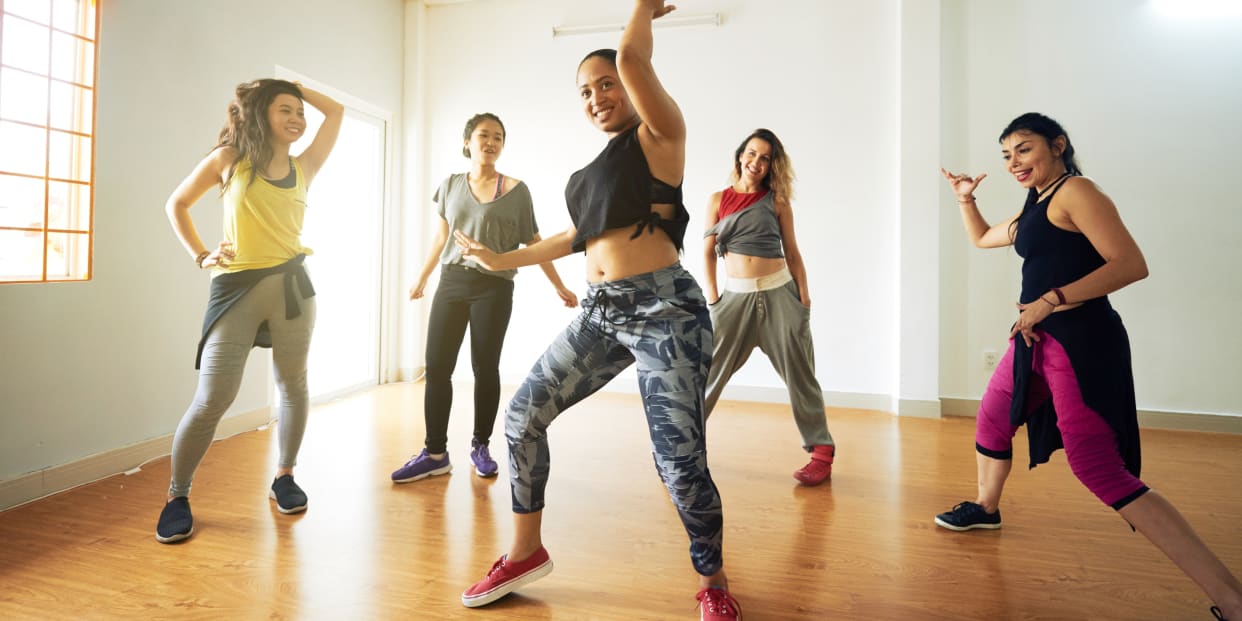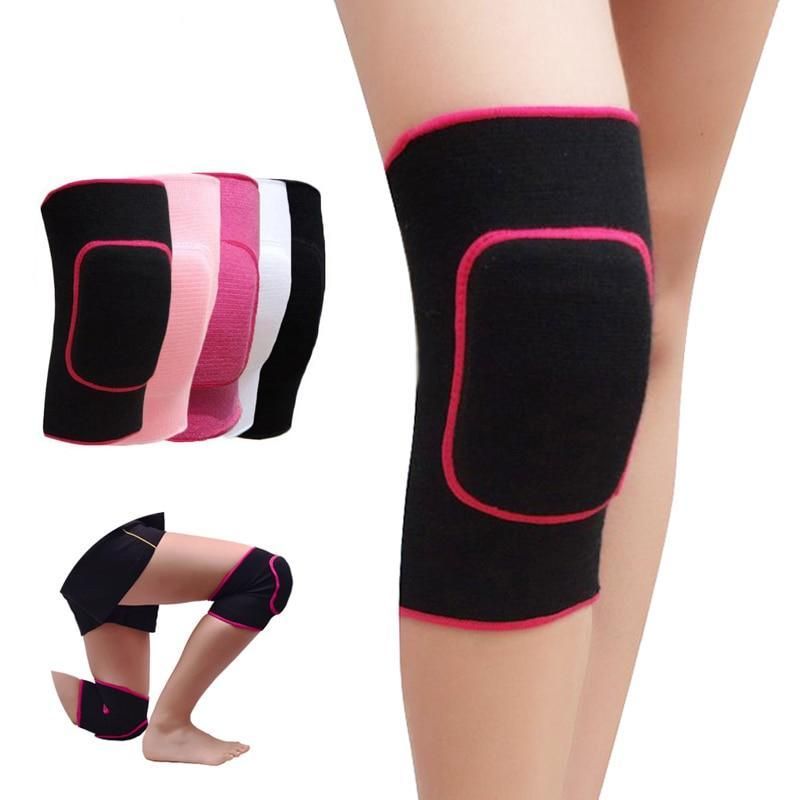How do dancers dance on their period
A Survival Guide On How Ballet Dancers Deal With Periods
There are many challenges a dancer faces at any given time. One that happens each month is menstruation. For most young and adult women, it's not a big deal. You use a pad or tampon, manage the cramps for a few days with some aspirin, and indulge in some junk food to satisfy those cravings. For ballet dancers, however, things are a bit different. When you live in a world where you're constantly in ballet outfits, from tights to leotard, having your period is harder to hide. How can you survive this time of the month, every month? Here are five tips to help you along the way:
Tip #1: Be prepared with items like extra ballet outfits.
You might be completely regular, or your period could strike at any time. Whatever the case for you, it's important that you're prepared. That means always having your dance bag stocked and packed with more than just ballet shoes and ballet outfits. It's also important to have your feminine products of choice along with an extra change of clothes, just in case. Consider keeping a bottle of ibuprofen or acetaminophen in your bag for those days where you're feeling extra crampy and under the weather due to your period or PMS symptoms. Finally, make sure you always pack a snack on your PMS and period days.
Tip #2: Wear black on your period days.
Some dance schools have rules about what you can and can't wear to class. If, however, yours doesn't, then opt for black during that time of the month. That way, if you experience any leakage at all, you won't have to worry about too much embarrassment. Plus, if you opt for panty liners and pads instead of tampons, black ballet outfits do a better job of camouflaging them rather than something that's a lighter color.
Tip #3: Deal with the side effects of PMS and your period.
During your period, you might not have very many side effects, or yours could be intense. It depends on each person. However, if you have bad cramps, bloating and feel just plain awful, have a plan in place for dealing with the side effects.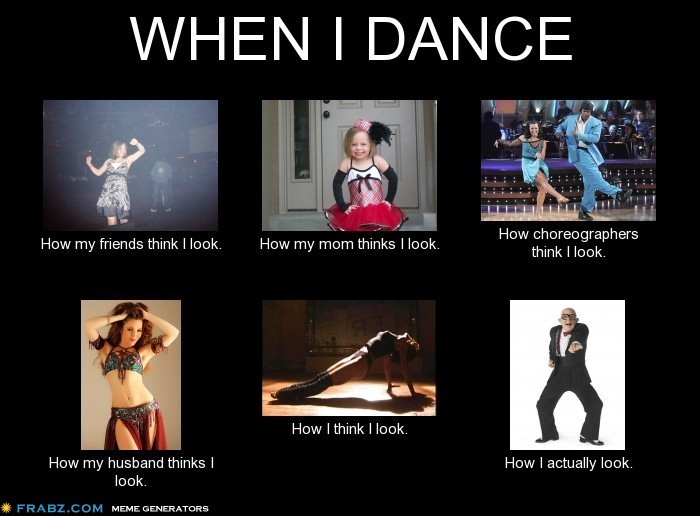 For instance:
For instance:
- When you have cramps: Ibuprofen or acetaminophen, as well as a heating pad can work wonders on period cramps, lessening the pain significantly. So bring the medicine with you to class. Afterward, when you're at home, relax with a heating pad over your abdomen.
- When you're bloated: This is the time of the month when you should be drinking more water to help with bloating. Also, steer clear of foods that are high in sodium. These will simply make you retain water and bloat even more. Consider wearing ballet outfits during this time of the month that are looser. Tight leotards and leggings are going to make you feel uncomfortable.
- When you're having mood swings: Feeling moody, anxious or extra stressed is part of the package when it comes to your period. One way to overcome this is to talk about it with your friends, fellow dancers or family members. Every woman goes through it and it's much easier to manage if you feel supported.
Also, when you don't feel like yourself, you might be tempted to skip class until you feel better. But don't do it. While it might take more energy to get there, you'll be glad once you're actually dancing away. The exercise will make you feel physically better, while the socialization and seeing your dance friends will help with the emotional aspects of your period and PMS. And research backs this up, suggesting that moderate exercise can alleviate mild bloating, cramps and mood swings.
But don't do it. While it might take more energy to get there, you'll be glad once you're actually dancing away. The exercise will make you feel physically better, while the socialization and seeing your dance friends will help with the emotional aspects of your period and PMS. And research backs this up, suggesting that moderate exercise can alleviate mild bloating, cramps and mood swings.
Tip #4: Practice positive self-care so you feel better, faster.
As a dancer, you should always be taking good care of yourself. But this is especially important when you have your period. In fact, good self care can actually make a difference with your PMS and period symptoms, lessening their severity. So what are some tips you should put into practice?
Eat more fruits, veggies and whole grains when you have your period. You should limit your caffeine intake, which can make your symptoms worse during PMS, and instead opt for water or another healthy beverage. Finally, learn some relaxation techniques that can help you to cope with the stress.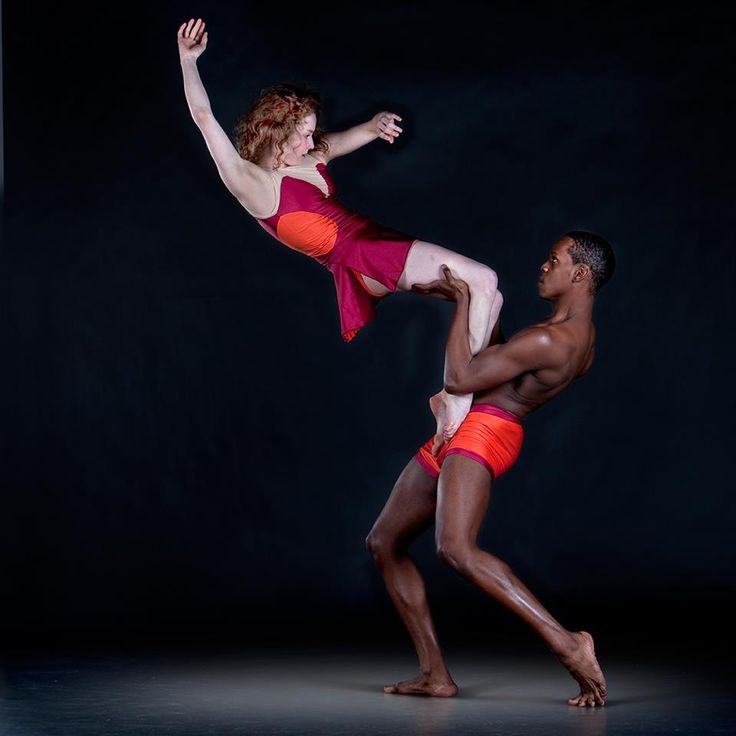 In addition to staying active with dance, think about taking up yoga, meditation or deep breathing in order to keep your mind well balanced. Other activities that can help include getting massages, acupuncture and tai chi, along with chiropractic care.
In addition to staying active with dance, think about taking up yoga, meditation or deep breathing in order to keep your mind well balanced. Other activities that can help include getting massages, acupuncture and tai chi, along with chiropractic care.
Tip #5: Know the signs something's wrong and when to seek treatment.
Sometimes, if you miss a period, you might look at it as a positive. But this can actually be a sign that something's off. When this happens, especially regularly, you could have a condition called amenorrhea, which is an illness that's been well-documented among elite dancers. It's caused by over-exercising, restricting calories, stress and weight loss.
This condition can be quite serious because when you don't have your period, your estrogen levels fall. This is the hormone that's required for your body to absorb the optimal amount of calcium. If you're not absorbing calcium, your body is at risk for osteoporosis, which can cause stress fractures among other issues. That's why, if you miss your period, it's important to seek treatment to get the condition under control.
That's why, if you miss your period, it's important to seek treatment to get the condition under control.
Getting your period is never fun; nor are the symptoms that go along with it. However, take heart that when it comes every month, like clockwork, you at least know your body is in good shape, healthy and strong. To deal with the challenges that come along with it, follow the tips above and go easy on yourself. A little patience and perspective go a long way.
Request a Just For Kix Catalog!
9 Period Mythbusting Facts Every Dancer Needs to Know
Can my tampon get lost up there after one too many rehearsals? Should I skip cross-training in the pool during Aunt Flo’s visit? Does missing a period mean I’m dangerously underweight? When it comes to menstruation, everybody has an opinion—but few have the facts. We asked the experts to debunk common myths about that time of the month, so you can get back to focusing on dance.
MYTH:
If you’re not careful, menstrual cups or tampons might get lost in your body.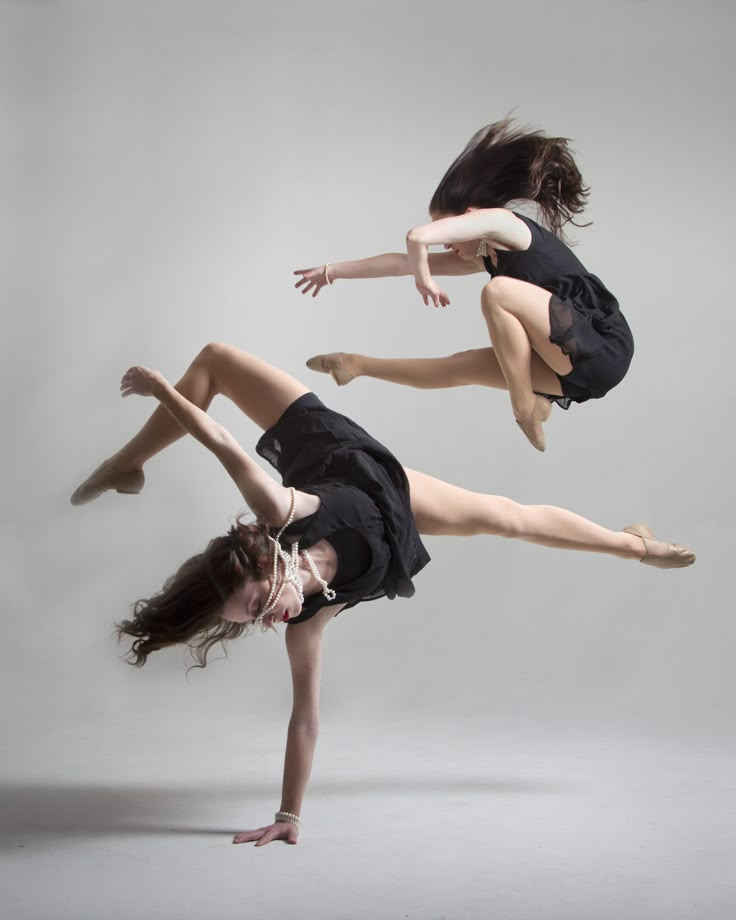
FACT:
Gynecologist Julie Levitt, MD, of Northwestern Memorial Hospital in Chicago, assures that while it may sometimes be difficult to remove a tampon or menstrual cup, it can always be done. “The vagina is a closed space,” she says. “Most girls can reach the end of their vaginas with the tip of their index finger.”
If you lose track of your tampon’s string or can’t reach your menstrual cup with your fingers, try lying down and pulling your knees back and to the sides (think grand plié)—then search for it in a circular motion with two fingers. The more relaxed you are, the better. If you’re really struggling after a few hours, call your doctor.
MYTH:
There’s no way to make your period lighter or shorter.
FACT:
While it’s true that some girls are prone to heavier or longer periods than others, Levitt says, “You aren’t stuck with the periods that your mother or mother nature gave you. ” Popping an NSAID (aspirin or ibuprofen) the day before you’re scheduled to start your period can make it lighter, shorter, and less painful. Staying hydrated and eating foods rich in calcium and fiber may also help. If your periods last longer than eight days, you’re using more than six tampons or pads per day, or you’re experiencing debilitating cramps, your doctor may prescribe a form of birth control to make menstruation feel more manageable.
” Popping an NSAID (aspirin or ibuprofen) the day before you’re scheduled to start your period can make it lighter, shorter, and less painful. Staying hydrated and eating foods rich in calcium and fiber may also help. If your periods last longer than eight days, you’re using more than six tampons or pads per day, or you’re experiencing debilitating cramps, your doctor may prescribe a form of birth control to make menstruation feel more manageable.
Thinkstock
MYTH:
Irregular periods as a teen mean health problems—or infertility—later.
FACT:
Most will experience somewhat irregular periods for the first few years after their period begins, so this is usually nothing to worry about. And normal cycles look different for each girl, ranging from every 21 to every 35 days, and lasting from 2 to 7 days.
If your period disappears for more than three months, it could indicate that your body mass index (BMI) has dropped to an unhealthy level—all too common among dancers.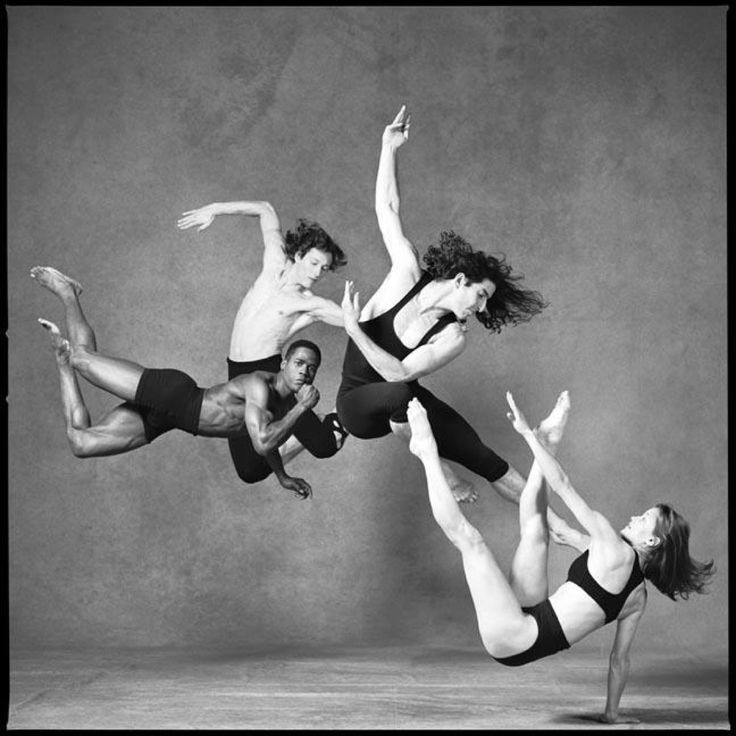 NY-State-based gynecologist Alyssa Dweck, MD, co-author of The Complete A to Z for Your V, warns that if you lose your period for a year or more, “long-term consequences include osteoporosis, vaginal dryness, or infertility.”
NY-State-based gynecologist Alyssa Dweck, MD, co-author of The Complete A to Z for Your V, warns that if you lose your period for a year or more, “long-term consequences include osteoporosis, vaginal dryness, or infertility.”
MYTH:
You can’t get pregnant during your period.
FACT:
This is technically true, but things aren’t always what they seem. “You can get pregnant during what you think is your period, but actually isn’t,” Dweck cautions. “In a normal cycle, your period comes after you ovulate. If you don’t get pregnant, your uterine lining sheds. But plenty of women, especially those with irregular cycles, bleed without having ovulated beforehand. It looks like a period but technically isn’t one, so pregnancy is possible.” To be safe, always use protection—no matter where you are in your cycle.
Thinkstock
MYTH:
Tampons are so uncomfortable.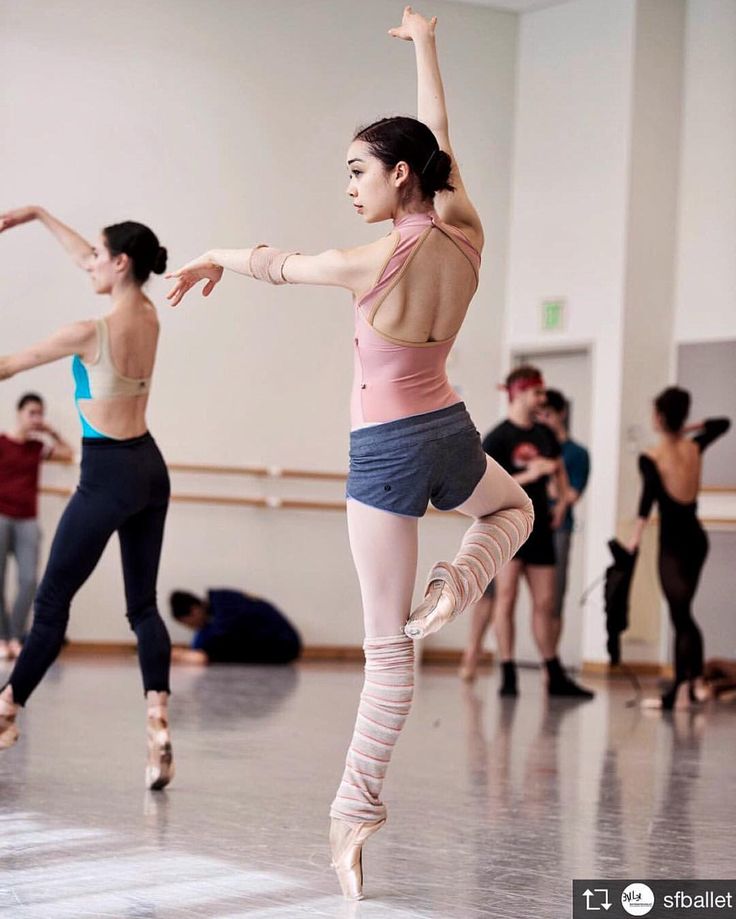
FACT:
When a tampon is inserted correctly—as far into the vagina as it will go—you won’t notice it’s there. If you’re in pain, Dweck advises telling your doctor, since you may have an underlying anatomic condition, like fibroids, endometriosis, or an ovarian cyst. Itching or burning sensations may be the sign of an allergy or sensitivity to the brand or fragrance of the feminine product you’re using. Dry tampons may be uncomfortable to insert and remove, so use the lowest absorbency that still offers enough protection (i.e., light tampons on your lightest days).
MYTH:
Leave your tampon in overnight, and you’re destined for an infection.
FACT:
Nowadays, doctors suggest changing a tampon after eight hours—so the average night’s sleep is perfectly safe. If you’re forgetful, Levitt suggests leaving the wrapper next to your sink at night as a reminder in the morning.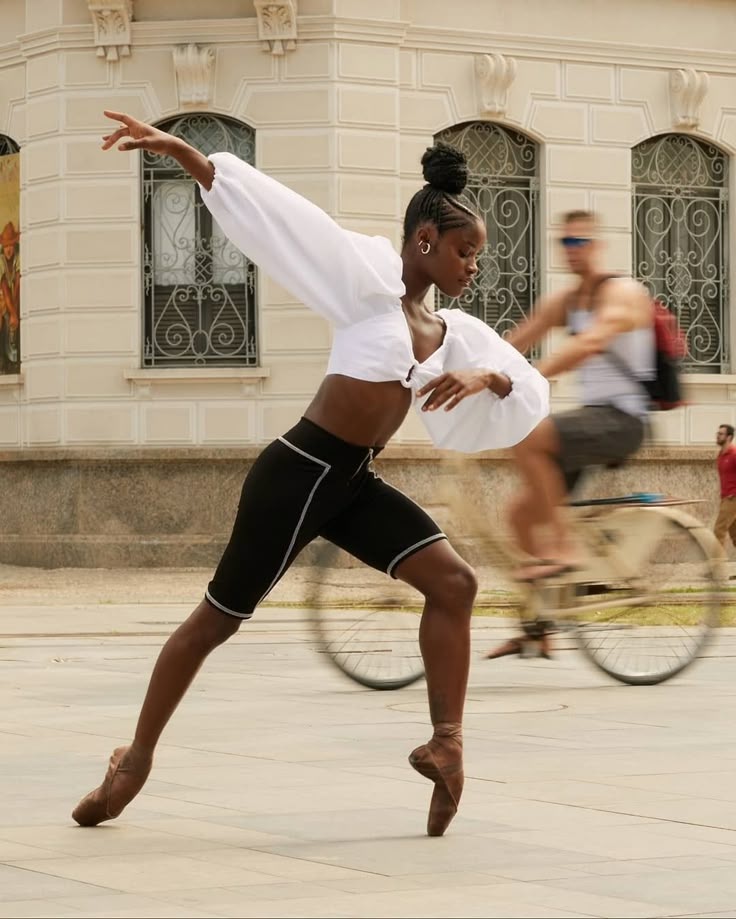 “Even if you forget your tampon is in place and it remains inside for another day, infection is extremely rare,” she says.
“Even if you forget your tampon is in place and it remains inside for another day, infection is extremely rare,” she says.
MYTH:
See a clot? Something’s wrong!
FACT:
It’s not uncommon to notice thicker clumps during your period. They may be blood that congealed before exiting the vagina, or tissue from the lining of the uterus. But Dweck warns that persistent (more than the first few days) or large (bigger than a quarter) clots could indicate a problem, and should be checked out by your gynecologist.
MYTH:
Eventually, my entire class will be synced up.
FACT:
More often than not, being period pals with the girls next to you at the barre is just a coincidence: “The menstrual cycle is under stronger personal factors (like hormones) than outside influences (like pheromones released by roommates),” Levitt says.
Thinkstock
MYTH:
No swimming allowed during your period.
FACT:
“Unless you’re concerned about a shark attack, no worries!” jokes Dweck, who assures there’s no risk in taking a dip during that time of the month. Pads get soaked in water, but a tampon or menstrual cup offers protection. To keep the tampon string dry, tuck it into your vaginal opening before diving in, and Dweck recommends changing your tampon once you’re out of the water. (FYI, there have been no documented shark attacks due to period blood.)
A version of this story appeared in the May/June 2018 issue of
Dance Spirit with the title “Menstrual Mythbusting.”
Dancers and critical days, how do you save yourself?
#1
#2
#6
#7
#8
#10
#11
#12
#13
#14
#15
#16
#17
#18
#19
#20
#21
Vyacheslav is rich Certified practitioner. 281 answers Nikita Nosov Practicing psychologist 17 responses Maxim Sorokin Practicing psychologist 616 responses Maria Burlakova Psychologist 3 responses Nikitina Anna Viktorovna Specialist of Oriental practitioners 29 answers Daria Gorbunova Practicing psychologist 142 answers Olga Dmitrievna Novikova Practicing psychologist. 13 answers Egor Mazurok Clinical psychologist 11 answers Alla Buraya Psychologist 34 answers Nidelko Lyubov Petrovna Practicing psychologist 226 answers  ..
..  ..
..
#25
#26
Yuliana
I have always used pads, though, my latina is closed around the abdomen and hips.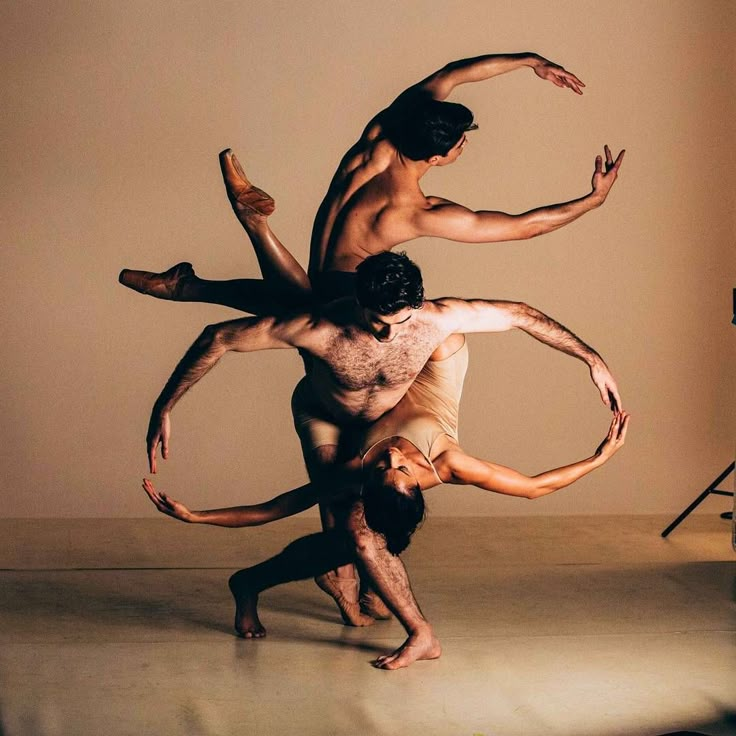 But even, well, I think it's better if it's open...dresses are sewn with panties. And as for what is bad, those who train 5 days a week usually don’t have pain, there are exceptions, of course, but in general, menstruation is much less painful ... because their abs are pumped up
But even, well, I think it's better if it's open...dresses are sewn with panties. And as for what is bad, those who train 5 days a week usually don’t have pain, there are exceptions, of course, but in general, menstruation is much less painful ... because their abs are pumped up
Uninvented stories
-
I am infuriated by my husband with his children and grandchildren ...
333 Reply
-
The man immediately warned that all property was recorded for children
501 Answer -
SU I want to work
321 answers
-
A lie 22 years long. How to destroy?
660 answers
-
Husband left, 2 months of depression... How will you cope if you are left all alone?
153 Reply
#27
#28
#30
#32
Arina
I heard that the ballerinas to reduce the abundance of menstruation use lemon juice if they have lemon juice if them performance
#34
#34
#34
Guest
Horror:( I myself will perform today, I will be on stage for about 2 hours, in the morning my period started, I am 13 years old. I don’t even know what to do
I don’t even know what to do
#34
Pear
and menstruation to 4x-2x times a year reduce
new topics
-
The stomach sticks out after 4 months of birth
1 answer
-
Can pancreatitis cause stained bile?
2 answers
-
Spasm of the throat
No answers
-
Constantly freezed
5 answers
- 9000 9000
NAM0258
1 reply
 . because their press is pumped up
. because their press is pumped up
#34
I am
and there you still need to work "for wear and tear", but how to do it if all the thoughts are "as long as it doesn't leak". I would like to hear the opinion there are dancers?
#34
Mia
I am also interested in the question. I have a daughter in ballroom dancing. While she does not have a period, but here's what to do later, .. Especially a virgin.
#34
I am
and there you still need to work "for wear and tear", but how to do it if all thoughts are "if only not to leak". I would like to hear the opinion there are dancers?
#35
#36
#38
basket and Ilyushonok
yes, the question is interesting, but what about in ballet???? There they dance for an hour and more, and even jump to the ceiling
#39
I am
and there you still need to work "for wear and tear", but how to do it if all thoughts "if only not to leak". I would like to hear the opinion there are dancers? July 24, 2019 There they dance for an hour and more, and even jump to the ceiling
I would like to hear the opinion there are dancers? July 24, 2019 There they dance for an hour and more, and even jump to the ceiling
Attention
#41
Mia
I'm also interested in the question. I have a daughter in ballroom dancing. While she does not have a period, but here's what to do later, .. Especially a virgin.
#42
10 facts from the life of ballerinas that have little to do with the naive ideas of theatergoers / Comfort Zone
Who did not admire ballerinas in childhood? And many even wanted to devote their lives to classical dance. But if then we looked at the art of ballet through rose-colored glasses, now we understand that dancers acquire mastery in it, shedding sweat and tears. And judging by how many of them love their profession, it's worth it.
"Comfort Zone" decided to look behind the scenes and find out the secrets of true ballerinas.
Do not wash theater costumes
Sewing a tutu is a labor-intensive business. It can take up to 90 hours of work to create one such skirt. Over the course of her entire life, a ballerina wears, on average, from 50 to 150 ballet tutus. The budget for such a wardrobe is quite high — one pack costs $2,000.
Due to the large number of intricate details, costumes are not washed between performances. To freshen up leotards and skirts, they are hung up in the air and sprayed with freshener.
Pointe shoes are beaten and shaved
© Insider / YouTube
Ballet shoes only from the outside seem to be something unearthly, in fact, no one is on ceremony with pointe shoes. A pair of shoes that came off the assembly line is customized to match the foot of a particular ballerina. To do this, pointe shoes are twisted in all directions, beaten against the wall and even "shaved" with a special scraper. After such manipulations, the shoes cause much less discomfort and almost do not make noise during the dance.
After such manipulations, the shoes cause much less discomfort and almost do not make noise during the dance.
Pointe shoes wear out quickly. In one dance season, a professional ballerina can wear about 100–120 pairs of such shoes. Fortunately, corps de ballet dancers and male dancers usually get by with Czechs, otherwise the cost of shoes at the theater would have increased many times over.
Practice even on a damp paper towel
© Shutterstock.com
Dancers can spend up to 12 hours a day in the theater. The morning starts with a general class, after which there are several rehearsals in a row, costume fittings, physiotherapy and preparation for the performance. On weekends, the schedule is even tighter. Some artists perform in 7 ballets from Friday evening to Sunday afternoon. The physical activity is colossal. One performance in terms of energy costs is equal to 29-kilometer run.
Training never stops, even at home or on vacation. If there is no barre and a specially coated floor nearby, the ballerinas use a chair, and a wet paper towel is placed on the floor.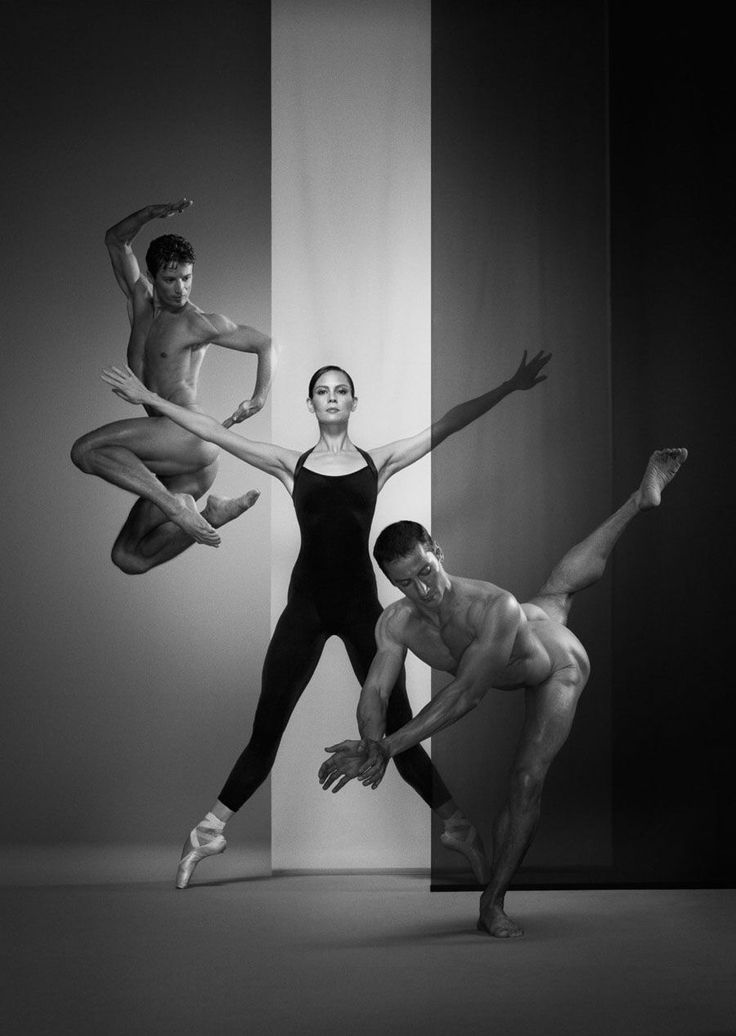 To equip a home training base, ballerinas have a life hack. They replace an expensive floor covering with an insert for a shower tray. On it, the legs do not slip at all.
To equip a home training base, ballerinas have a life hack. They replace an expensive floor covering with an insert for a shower tray. On it, the legs do not slip at all.
Cursing each other before going on stage
East News
Actors wish each other to break a leg before going on stage. These words, spoken just before the performance, should bring good luck. Ballet dancers have another expression for this - merde. Simply put, ballerinas use foul language, sending curses at each other, only they do it exquisitely - in French.
They rarely wash their hair
J. Sharma / Bruja, Pacific CoastNews / East News
Yes, ballerinas do rarely wash their hair - once a week is enough. The fatter the hair roots, the easier it is to collect them in a hairstyle. To prevent hair from getting frizzy, dancers fasten the bun on their heads with a special net.
Don't wear red lipstick
Capital Pictures / East News
Don't believe the Red Sparrow movie in which Jennifer Lawrence dances with red lipstick. In reality, ballerinas cannot paint their lips like that. Red lipstick is prohibited from entering the stage. The undertone of red lipstick is to blame for everything. It comes in orange or blue. Due to the bright light of the spotlights, it will seem to the viewer that the dancer has orange or blue lips, respectively.
In reality, ballerinas cannot paint their lips like that. Red lipstick is prohibited from entering the stage. The undertone of red lipstick is to blame for everything. It comes in orange or blue. Due to the bright light of the spotlights, it will seem to the viewer that the dancer has orange or blue lips, respectively.
A lifetime of training for the feet
© Shutterstock.com
The tighter the arch of the foot, the tighter the pointe will press against the floor. Therefore, ballerinas train their feet from the very beginning of learning the craft so that aplomb appears (stability on the fingers. - Note "Comfort Zones" ). The lift of the foot is an important characteristic that is taken into account when applying to a ballet school. The more the foot arches, the better for further study.
Does not remove calluses
© Natalia Garidueva / Shutterstock.com
If calluses don't hurt, ballerinas just leave them alone. The fact is that calluses protect the feet much better than new skin that is prone to blistering. Podiatrists who specialize in medical pedicure recommend removing unsightly growths only if they cause physical discomfort.
The fact is that calluses protect the feet much better than new skin that is prone to blistering. Podiatrists who specialize in medical pedicure recommend removing unsightly growths only if they cause physical discomfort.
Dealing with menstruation ingeniously
Obviously, ballerinas can't bear to perform because of menstruation. Dancers go to all sorts of tricks: they wear dark skirts and tights at rehearsals, they use super-absorbent tampons instead of pads.
Luna Montana, a young dancer, says that ballerinas use dailies during their period to “insure” a tampon. The lining should be cut to fit the gusset on the leotard. The final touch is to wear pantyhose over the ballet leotard to maximize the fit of the pad.
They use foot exercisers
Lifting the foot is, first of all, something given by nature. But this does not mean that bending cannot be improved with the help of training. Nowadays, there are special simulators for this.


